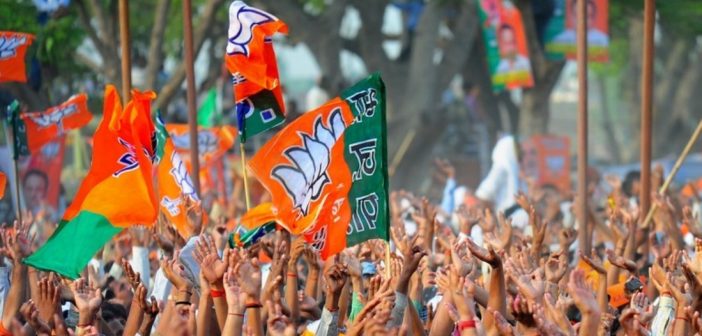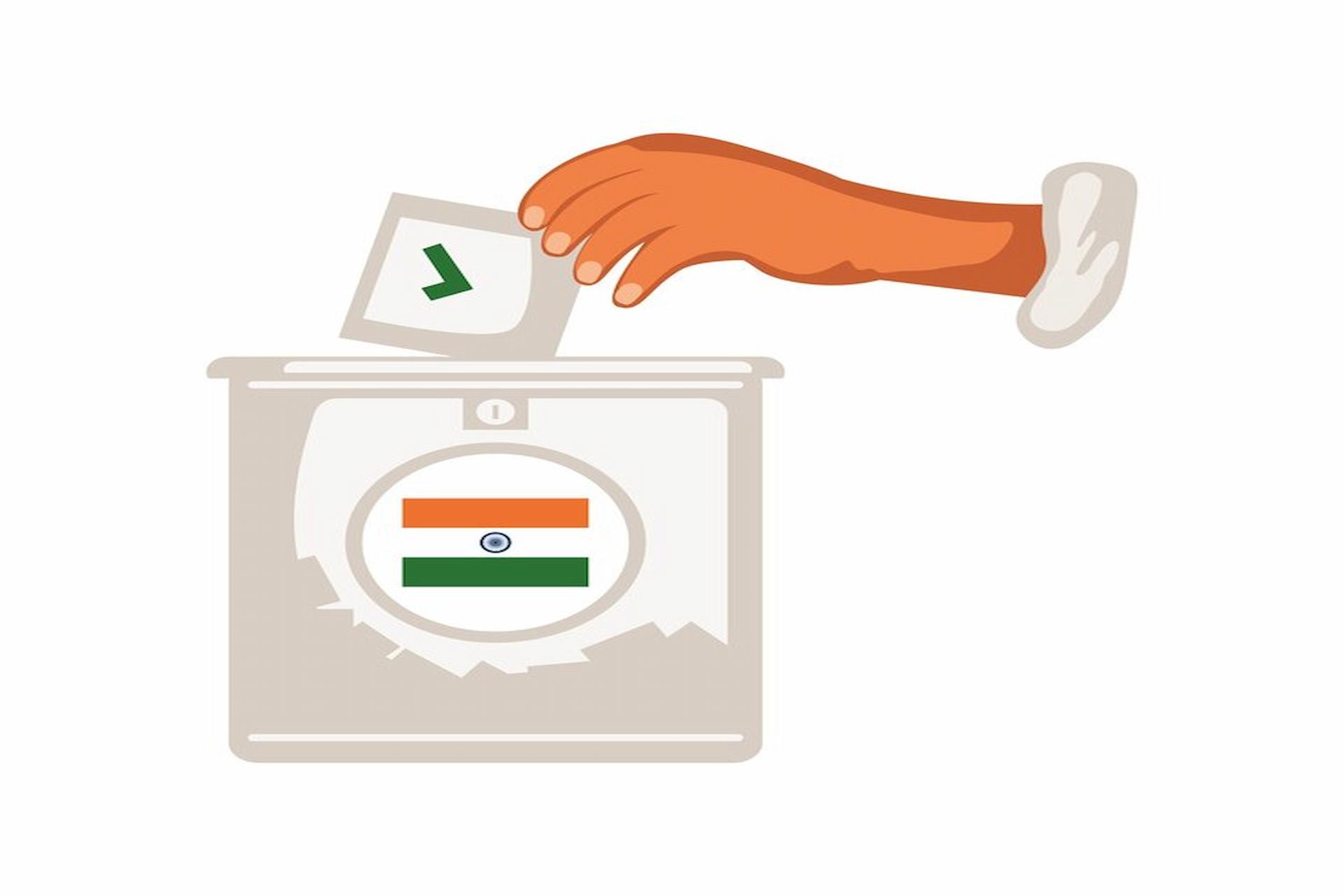Soon after polling began in Uttar Pradesh, the Samajwadi Party alleged discrepancies in an Electronic Voting Machine in Kanpur Elections .
The party alleged that even after a voter pressed the button next to Samajwadi Party, the Voter Verifiable Paper Audit Trail (VVPAT) issued a slip of the BJP.
They asked the Election Commission to take note.
Uttar Pradesh registered a voter turnout of 8.15 per cent till 9 am.
Voting for the third phase in the Hindi heartland, in 59 Assembly seats, began at 7 am on Sunday, while polling in Punjab started at 8 am.
The third phase of the seven-phase Uttar Pradesh Assembly elections kicked off on Sunday, 20 February.
Campaigning for the third phase ended on Friday, with senior leaders of the parties making a final effort to woo voters.
In this phase voting will take place in 59 Assembly constituencies spread across 16 districts, including Hathras, Firozabad, Etah, Kasganj, Mainpuri, Farrukhabad, Kannauj, Etawah, Auraiya, Kanpur Dehat, Kanpur Nagar, Jalaun, Jhansi, Lalitpur, Hamirpur and Mahoba.
Polling will begin at 7 am and continue till 6 pm.
There are more than 2.15 crore voters set to exercise their franchise on Sunday out of which 1.16 crore are males, over 99.6 lakh females, and 1,096 belong to the third gender.
Polling will be held at 25,741 polling stations.
Candidates in fray
As many as 627 candidates are in the fray in this phase. The Karhal assembly seat, from where Samajwadi Party chief Akhilesh Yadav is contesting, has also gone to the polls in the third phase.
The BJP has fielded Union minister SP Singh Baghel from the seat.
Besides, polling on Sunday will also seal the fate of the Samajwadi Party chief’s uncle Shivpal Singh Yadav, who is contesting from his traditional Jaswantnagar seat.
Among the other prominent faces are BJP’s Satish Mahana (Maharajpur in Kanpur) and Ramvir Upadhaya (Sadabad in Hathras) and Louise Khurshid, wife of senior Congress leader Salman Khurshid, who is contesting on the Congress’ ticket from Farrukhabad Sadar.
Former IPS officer Asim Arun is contesting from Kannauj Sadar on the BJP ticket, while Uttar Pradesh minister Ramnaresh Agnihotri is also in the fray in this phase.
Interestingly, as many as 103 or 17 per cent of the 627 candidates contesting the third phase of the Uttar Pradesh Assembly elections face serious criminal cases such as rape and murder, according to an Association for Democratic Reform (ADR) report.
ADR found 135 (22 per cent) candidates have declared criminal cases against themselves, according to a report by Hindustan Times.
Previous elections
In the 2017 elections, the BJP had won 49 of the 59 seats while the SP had settled for nine.
The Congress had got one seat, while the Bahujan Samaj Party (BSP) had drawn a blank.
What to watch out for
With the third phase, the elections in the state will enter the ‘Yadav belt’, which is considered a Samajwadi Party (SP) bastion.
Eight districts – Mainpuri, Etawah, Firozabad, Kasganj, Etah, Farrukhabad, Kannauj and Auraiya – were strongholds of Mulayam Singh Yadav’s family, at least until 2017 elections, when the BJP secured a clinching victory by bagging 312 of the 403 Assembly seats in the state.
These seats have a considerable population of Yadavs and Samajwadi Party has over the years held its grip on the vote bank bagging major chunk of the community support, according to a report by Moneycontrol.
This should also explain why Samajwadi Party patriarch Mulayam Singh Yadav campaigned for his son Akhilesh Yadav in Karhal.
Security
Ahead of the polls, Farrukhabad’s four Assembly constituencies will see a cumulative deployment of 55 companies of Central Armed Police Forces (CAPF), including 26 quick response teams (QRTs).
There are 25 check-posts in the district where 16 barriers have been put in place to safeguard a total of 1,629 polling stations out of which eight are all women-managed.
Earlier, the BJP had approached the Election Commission seeking deployment of paramilitary forces at all booths in Karhal.




